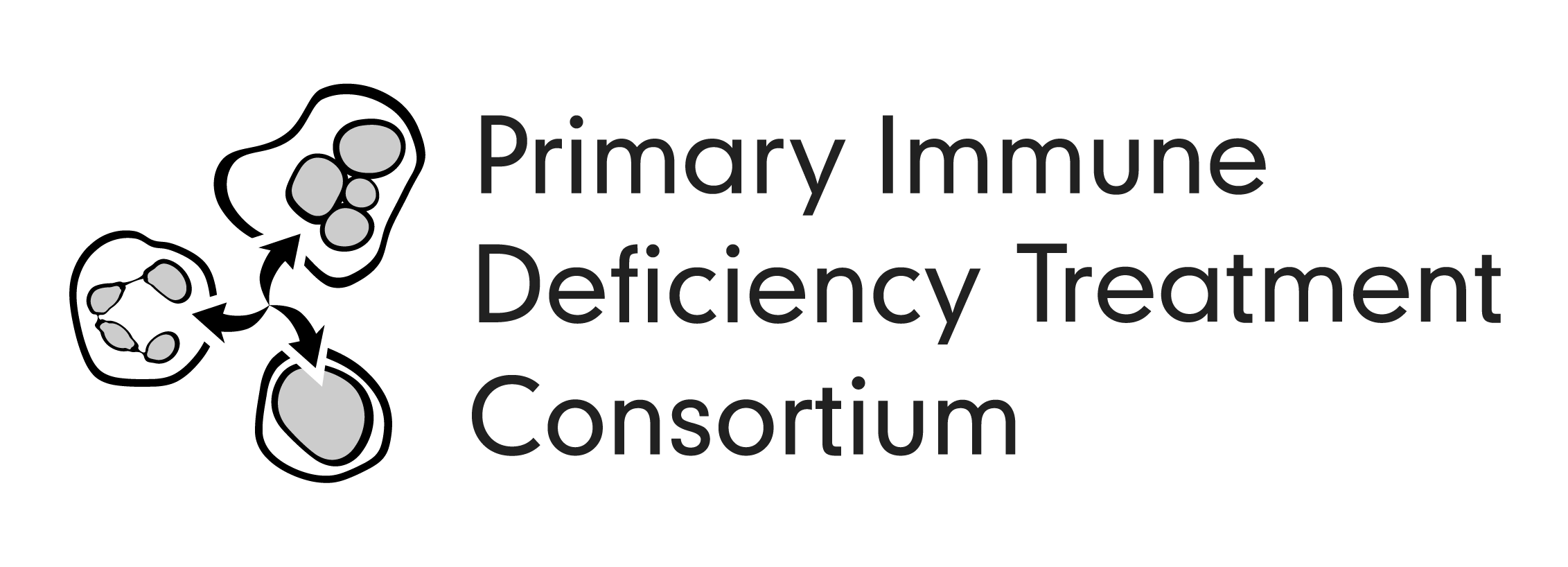Diseases Studied
The Rare Diseases Clinical Research Network is an NIH-funded research network of 21 active consortia or research groups working to advance treatment for diseases that are rare. Use the search tools on this page to find the diseases we currently study. You can reach out to the indicated consortia or research groups for more information on those diseases and studies underway.
This network focuses on clinical research and does not generally support clinical care outside of research activities. To learn about other rare diseases, please visit the Genetic and Rare Diseases Information Center (GARD), which is an NIH program that helps the public find reliable information about rare and genetic diseases. Their staff are specialists. Contact them at 1-888-205-2311 or email GARDinfo@nih.gov.
All Diseases > Severe combined immunodeficiency
Severe combined immunodeficiency (SCID)
Alternative Names: Bubble Boy Syndrome
Disease Category: Primary Immune Deficiency Disorders
A severe form of primary immune deficiency characterized by extreme weakness or absence of immune system function, manifesting at birth. A dysfunctional immune system is unable to properly defend the body from bacteria, fungi, or viruses, resulting in recurrent, persistent, sometimes life-threatening infections. Common symptoms include chronic diarrhea, failure to thrive (feeding or growth problems), weakness, pneumonia, skin rashes, and oral thrush (a fungal mouth infection).
Research groups studying this disease
Primary Immune Deficiency Disorders

Primary Immune Deficiency Treatment Consortium (PIDTC)
Recruiting
6907: Severe Combined Immune Deficiency: Prospective and Longitudinal Study of Genotypes, Management and Outcomes
Individuals with a possible diagnosis of severe combined immune deficiency (including infants who were identified by newborn screening) may be eligible to be enrolled on the PIDTC research study 6907. Speak to your doctor to determine if you / your child may be eligible. Protocol 6907 follows all patients with SCID, meaning the 6907 study enrolls participants regardless of whether they have already received a blood and marrow transplant (BMT), enzyme replacement therapy (ERT), or gene therapy (GT). Patients are then followed after diagnosis and treatment according to standard of care recommendations, which typically align with a schedule set out by the study protocol. The times the study requests follow up will be the same as when your doctor would want to be seeing you / your child as part of their regular ongoing medical care. Patients with “leaky SCID” (a form of SCID with T cell numbers less severely compromised) and Omenn syndrome are also eligible to participate in 6907. The 6907 research study does NOT dictate how your / your child’s doctors should treat you / your child, as the PIDTC recognizes that there are many complex factors that go into this decision. The decision about how you / your child with SCID will be treated is made by your doctor. The 6907 study simply follows how you / your child do over time. There are no experimental therapies on this study.
C-SIDE: Conditioning SCID Infants Diagnosed Early
Third-party Collaboration
Immune Deficiency Foundation
Improves the diagnosis, treatment, and quality of life of people affected by primary immunodeficiency.
Jeffrey Modell Foundation
Works to improve treatment, diagnosis, and find a cure for primary immunodeficiency through research, education, support, advocacy, awareness, and newborn screening.
SCID Foundation
We are committed to compassion, integrity, and collaboration, empowering every family with vital information and resources to effectively manage SCID – from diagnosis and beyond.
